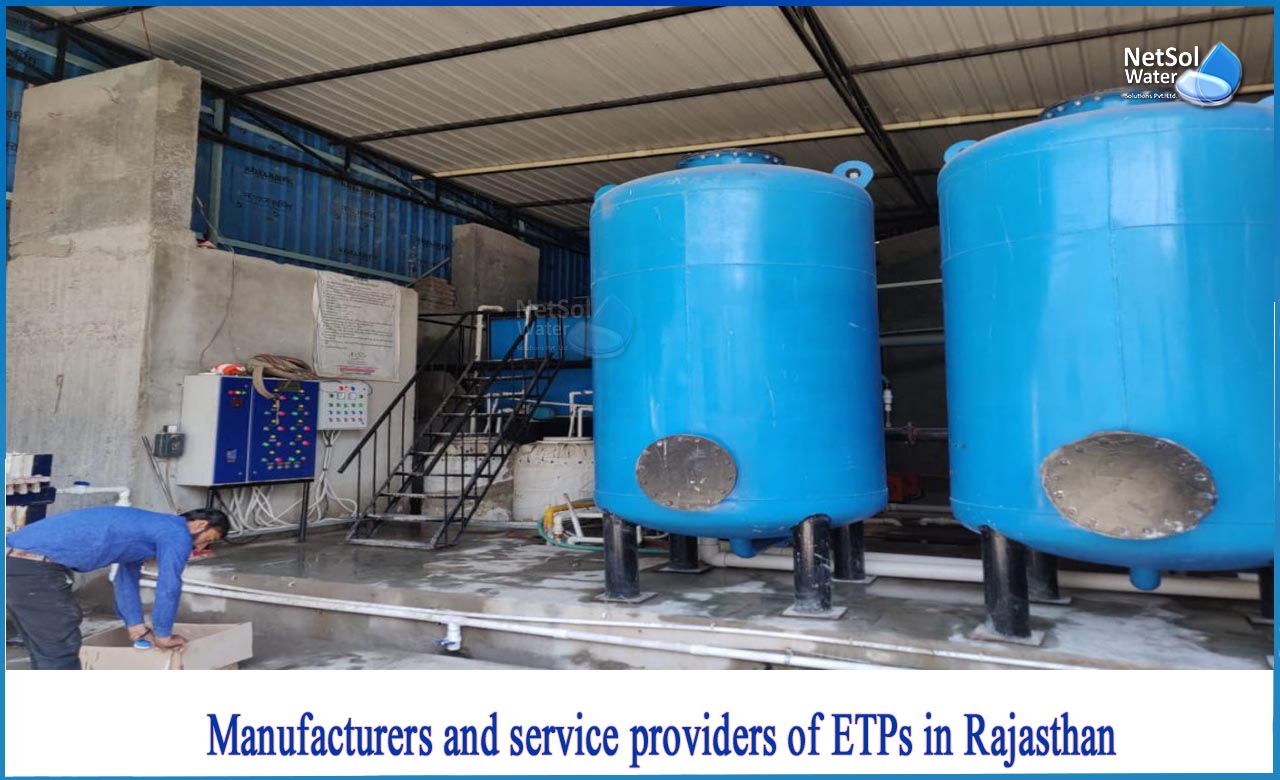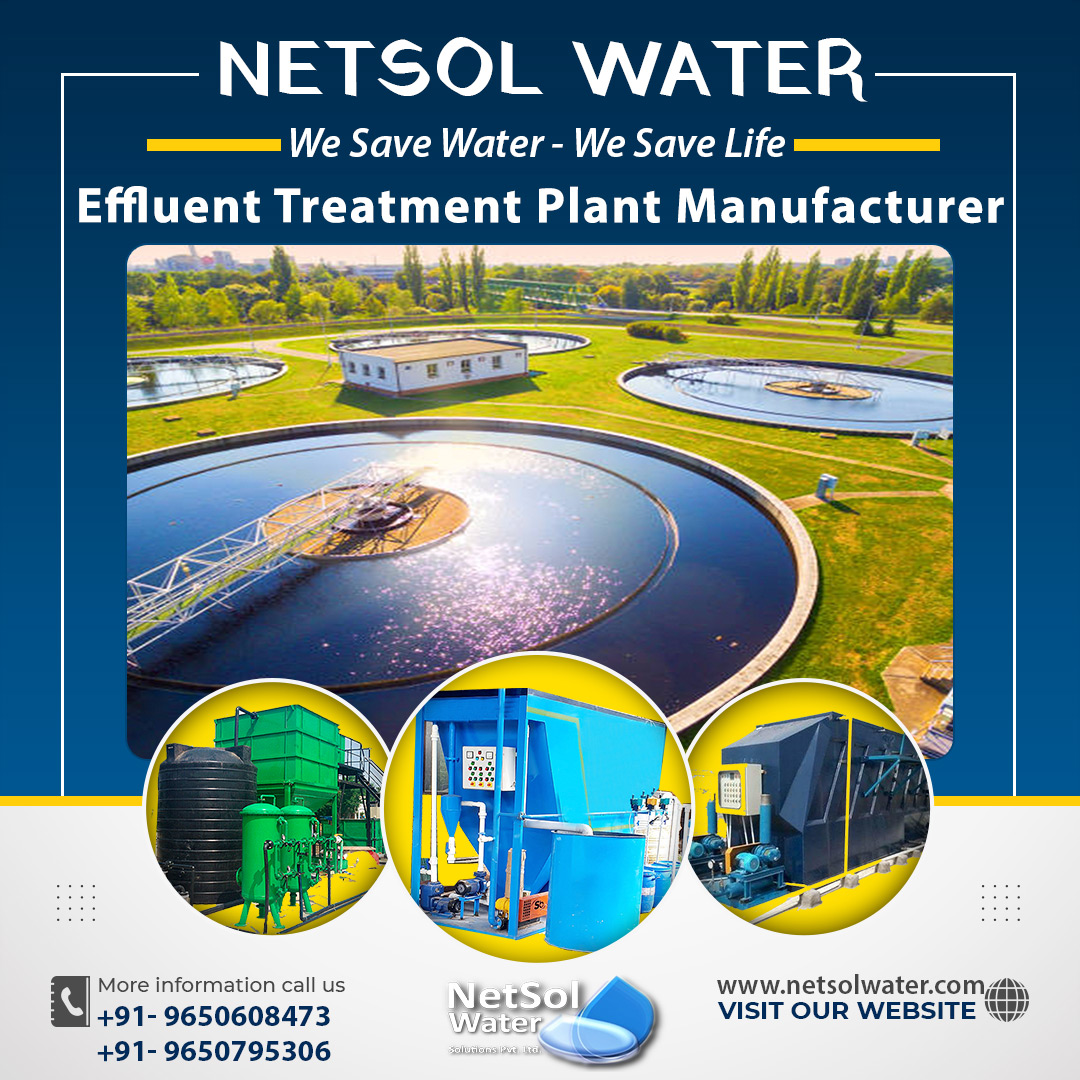Who is Manufacturers and service providers of ETPs in Rajasthan?
Textiles, rugs, woollen items, vegetable oil, cement industry and dyes are among Rajasthan's key businesses. Copper and zinc smelting, as well as the production of railway rolling stock, are examples of other heavy industries.
Let us have a look on these industries in detail:
1: Lead and Zinc Industry: Jawar, Debari (Udaipur), Chanderia (Chittor), RajpuraDariba and RampuraDariba are all known for their lead and zinc industries. This industry grew up around mines. Rajasthan supplies over 95% of the country's lead and zinc needs.
2: Cement Industry: Rajasthan is the country's largest cement manufacturer. Around Nimbahera, Chittorgarh, Kota, Bundi and Sawaimadhopur, the cement industry is centred. In addition, there are cement industries in Udaipur, Nagaru, Pali and Sirohi. Rajasthan has 16 large, 5 medium and 130 private cement mills. Rajasthan accounts for 16% of the country's total cement production.
3: Handicrafts: Rajasthan is well-known for its handicrafts. Jewel carving and jewellery production are concentrated in Jaipur, Pratapgarh and Nathdwara. Statues and relics can be seen in Jaipur, Jodhpur and Udaipur. Printing, dyeing, and bandhni are famous in Barmer, Pali, and Saganer. Leather is famous in Jodhpur, Jaipur, Ajmer and Barmer.
4: The Marble Industry: Rajasthan is well-known for its high-quality marble. Makratna, Sirohi, Rajnagar, Chittor, Udaipur and Kishangarh all have mica cutting, polishing, and carving units.
5: Salt and Chemical Industry: Since ancient times, salt has been produced in Rajasthan from numerous salty runns and lakes. Rajasthan is home to the world's largest saline water lake, Sambhar Lake. A sodium sulphate factory and a magnesium sulphate factory are also located at Didwana and Pachpadra.
6: Wool Industry: Rajasthan is home to the majority of sheep and wool-producing animals.
7: Cotton Textile Industry: Rajasthan's cotton textile industry is still in its infancy. Cotton textile mills may be found in Bhilwara, Udaipur, Kota, Ganganagar and Pali. In these factories, coolants are employed to maintain artificial humidity. These manufacturers produce 4% of the country's cotton textiles.
8: Oilseeds Industry: Rajasthan is the country's leading producer of oilseeds. Bharatpur, Alwar, Jaipur, Dausa, Kota and Bundi all have oil pressing units for groundnut, mustard, soyabean, flex and castor.
We can clearly see that these industries are setting a boom for India’s economy. But what happens to the effluent generated from these industries?
All such major businesses employ our various ranges of Effluent Treatment Plants (ETPs) to handle their effluent. These ETPs cleanse the water and eliminate any toxic or harmful compounds or chemicals.
But, how do these ETPs assist?
These wastewater treatment plants are used to filter hazardous water for reuse before releasing it into the environment. Industrial contaminants are made up of various effluents that vary based on these industries. Toxic materials and harmful chemicals are present in some sewers, whereas oils and grease are present in others.
Our effluent treatment plant process offers a perfect solution for treating a wide range of industrial wastewater while protecting the environment from pollution. This exemplifies the primary goal of the effluent treatment plant process. It is also important for all types of industries to practice this method with the goal of preventing water pollution to meet the guidelines and norms set by the pollution control board.
Effluent Treatment Plant Design
The design of an industrial effluent treatment plant is determined by a number of factors, including the quality and quantity of wastewater, the type of industry from which it is discharged and the availability of land. We as a manufacturer of Effluent Treatment Plants generally suggest common effluent treatment plants because ETPs are typically used when there is a lot of land available.
Netsol Water Solutions’ design, manufacture, supply, erect, and commission Effluent Treatment Plants (ETPs) on a turnkey basis for a variety of wastewaters and effluents, combining advanced physico-chemical treatment processes with a tertiary polishing system for the removal of organic, inorganic, oil and grease, heavy metals, and suspended solids.
Our methodology entails analysing effluent samples for various effluent parameters based on their nature and compositions, conducting treatability studies using various methodologies to evaluate techno-commercial feasibility and designing treatment schemes and procedures to meet the purpose and requirement.
Benefits of Industrial Effluent Treatment Plants
Now we have established that the Effluent Treatment Plant is a reliable method for purifying industrial wastewater for reuse, but the most interesting fact is that we offer unique solutions to different industries. Other benefits of our effluent treatment plant process include:
· Effective implementation of this process aids industries in not only recycling industrial effluents for reuse, but also in protecting Mother Nature from pollution.
· In addition, the water purified by our effluent treatment plant is of high quality and is safe to reuse.
· Industries benefit from lower acquisition costs for fresh and clean water.
· In addition, industries can successfully meet ethical standards by utilizing this process, as our effluent treatment plants assist businesses in reducing their carbon footprint on the environment.
Factors to consider when selecting an ETP
There are several factors to consider when selecting an effluent treatment plant:
· Production of the effluent on a daily basis,
· The chemical contents of the effluent and their concentration,
· Use of an ETP and location,
We provide a wide range of Effluent Treatment Plants that include
· Containerized Type ETP
· Continuous Type ETP
· CETP
· Batch Type ETP (Compact Modular)
· Packaged ETP
These ETPs are largely employed in pharmaceuticals, chemicals, paint, textiles, sugar, automobiles, metalpre-treatment and other industries.
Everything is done with efficiency at our employed ETPs, from the removal of sludge and other vital ingredients to the last stage of receiving excellent treated water. We take pride in having a presence in the most states in India and are known for providing client service 24 hours a day, seven days a week. We also provide a zero liquid discharge system to assist in the removal of effluent.
We all know that water is a valuable resource that is rapidly depleting. This is a major issue because the scarcity of this resource is causing serious environmental issues. As a result, it is our responsibility to conserve water while also ensuring that wastewater is treated and water pollution is avoided.




